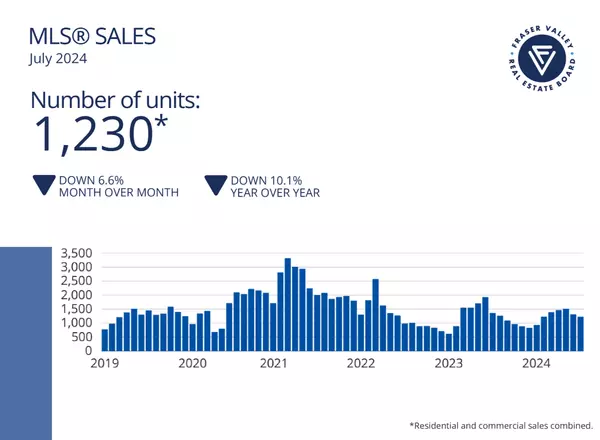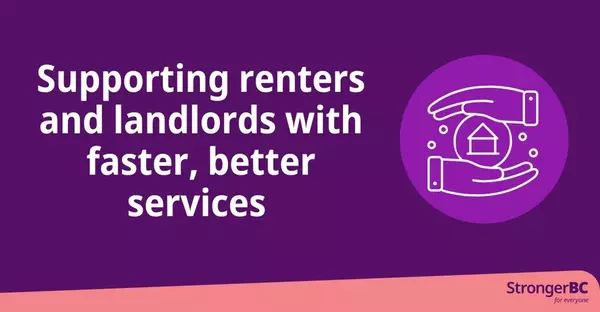B.C. portal to protect renters from bad-faith evictions goes live July 18, 2024
A new portal aimed at safeguarding renters from bad-faith evictions is launching on Thursday in British Columbia.
Starting July 18, landlords in B.C. must use the Landlord Use Web Portal when terminating a tenancy for personal occupancy or caretaker purposes.
"Landlords issuing tenancy termination notices will need to provide details about the individuals moving into the property," the B.C. government states.
"This process will inform landlords of the severe penalties for evicting tenants in bad faith."
The government believes this requirement will give tenants more clarity about landlords' intentions and provide valuable information if tenants decide to contest an eviction.
The Ministry of Housing also notes that the portal will help monitor the frequency of personal-use evictions, which some landlords use deceitfully.
David Hutniak, CEO of Landlord BC, acknowledges that the portal was developed quickly and may face some initial challenges. However, he believes it won't pose significant issues for most landlords, provided there is sufficient awareness and education about its use.
"It's fair to say this was put together quickly, so we expect more comprehensive education to follow. For now, it's a basic tool."
Additionally, from July 18 onward, landlords must give tenants more notice and additional time to contest an eviction. Previously, tenants were given two months' notice for personal or caretaker use evictions. As of July 18, this notice period extends to four months.
Tenants will also now have 30 days to dispute Notices to End Tenancy, compared to the former 15-day period.
"The individual moving into the property must reside there for at least 12 months, and landlords found guilty of bad-faith evictions may be required to compensate the displaced tenant with 12 months’ rent," the province clarifies.
"This new rule could significantly impact those selling a tenanted home where the new owner does not wish to be a landlord, potentially extending the process by six months," he added.
Under the Residential Tenancy Act, a landlord can evict a tenant if they, a close family member (parent, spouse, or child), a buyer, a close family friend of the buyer, or a building superintendent is moving in.
Categories
Recent Posts











